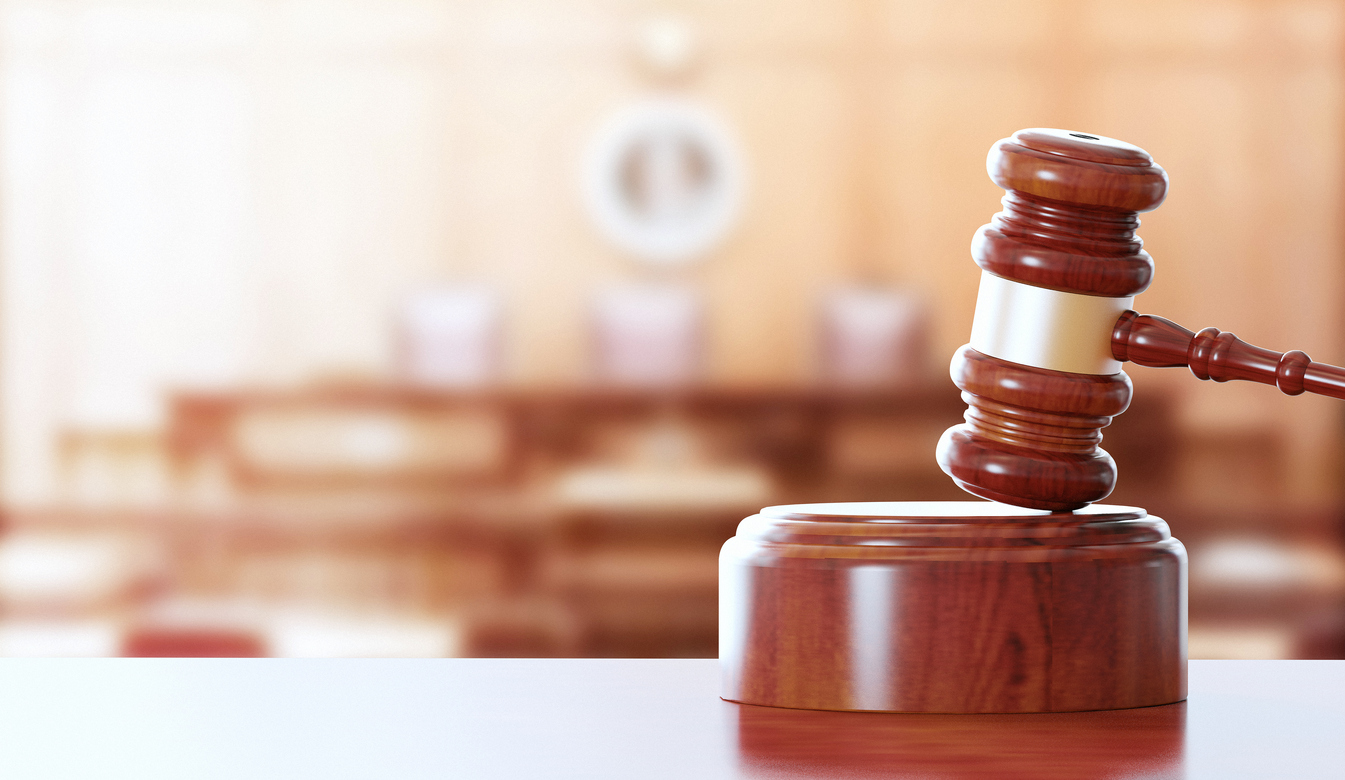
Maryland’s Governor Has Authorized State and Local Police to Check Up on Suspicious Situations
In the battle to slow the spread of the novel coronavirus, states are taking extreme measures to enforce social distancing. Maryland’s governor is among the latest to declare a ‘Stay-At-Home’ order that covers the whole state. The executive order, which is effective as of 8:00 PM on Monday, March 30th, decrees people should only leave their homes for “essential” reasons as laid out by the government.
With penalties of up to a year in jail and/or $5,000 in fines, it’s clear the state means to heavily deter non-essential travel. However, in the week before the order, Maryland state police checked over 6,000 businesses and residents to ensure they were abiding by previous directives (wherein non-essential businesses were forced to close and gathering in groups of 10 or more was discouraged). If this level of attention remains or even intensifies, residents may find themselves caught between the threat of a misdemeanor on their record and the necessity to leave the house for certain items and activities.
What’s Deemed Essential, and What’s Not?
With so many measures already in place, the executive order does not change much about the way we can operate—it simply codifies prior recommendations. All closures already in effect will continue, and Marylanders are asked to only leave the house for essential activities including:
- Shopping for groceries and essential household supplies (including for pets and/or livestock)
- Attending a doctor’s appointment or picking up medication
- Commuting to and from work if you are employed by an essential business or organization
- Providing “minimal operations” at non-essential businesses, meaning those necessary to facilitate remote work and maintain the property
- Exercising outside (walking, jogging, and riding a bike are all okay) while staying at least 6 feet away from others and avoiding gatherings
- Picking up food and/or learning packets for school-aged children
Aside from the above reasons, people are expected to stay home to reduce their chance of contracting and/or spreading the novel coronavirus. Because many tests have found the virus can be transmitted by those who do not have any symptoms, isolating only when sick has not proven an effective method of curbing the spread.
Remember: You Still Have the Right to Justice
State and county police have been charged with enforcing the law, and though many changes have been made in the past month, their methods must remain the same. If you are cited or arrested, you have the right to remain silent—and we recommend you do. You also have the right to a lawyer and, regardless of the circumstances, you cannot be fined and/or sentenced to jail time without solid evidence.
For anyone facing charges, our team is here to help. We’ve been protecting the rights of those brought in front of a criminal court for over 36 years, using the knowledge of Founding Attorney (and former prosecutor) Andrew Alpert to stop the state from infringing on your freedoms.
We can help you understand all of your rights and options if you’re faced with criminal charges so you can make informed decisions regarding your case. Our team will vigorously defend you in court—just like we have for many others facing serious penalties. Jail time and heavy fines can be incredibly disruptive, changing the trajectory of someone’s life. If you are looking for an experienced team to help you fight back, reach out to us.
Taking Safety Seriously
Though this new executive order may seem overly burdensome, it was crafted with the best intentions in mind. COVID-19 is spreading through our population like few other illnesses have managed, and sending people to the hospital and ICU at worrisome rates. Though it can be difficult to remember everything you can and can’t do, your efforts to limit social contact help prevent healthcare workers and other front-line responders from becoming overwhelmed.
With that in mind, until this order is lifted:
- Don’t try to go camping or visit beaches or state parks
- Don’t meet up with people outside of your immediate family, even in small numbers
- Don’t visit playgrounds or use park facilities (including sports courts/fields)
- Don’t host others at your own home
- Don’t visit non-essential businesses (you may, however, be able to order items to be delivered to you)
We’re Here to Help If You’re Facing Charges
The Maryland order is set to remain in place until the state of emergency is lifted, so until you hear otherwise, remember these restrictions are in effect. If you are approached by law enforcement officers while out, we have one more don’t for you: Don’t try to evade them, as doing so could result in even heftier charges against you.
If you have been cited for violating the ‘Stay-At-Home’ order, contact an attorney as soon as possible.
Contact the Criminal Defense Attorneys at Alpert Schreyer Criminal Defense Attorneys in Maryland for Help Today
For more information, contact Alpert Schreyer Criminal Defense Attorneys to schedule a confidential consultation with a criminal defense attorney. Our team is available to assist clients in Lanham, Frederick, Rockville, Waldorf, Annapolis, and Lexington Park, Maryland.
We proudly serve Prince George’s County, Frederick County, Montgomery County, Charles County and the surrounding areas. Visit our law offices at:
Alpert Schreyer Criminal Defense Attorneys – Lanham Office
4600 Forbes Blvd Ste 201 Lanham, MD 20706
(301) 262-7005
Available 24/7
Alpert Schreyer Criminal Defense Attorneys – Frederick Office
25 E Patrick St #200 Frederick, MD 21701
(301) 381-1993
Available 24/7
Alpert Schreyer Criminal Defense Attorneys – Rockville Office
11140 Rockville Pike 550-J Rockville, MD 20852
(301) 364-3195
Available 24/7
